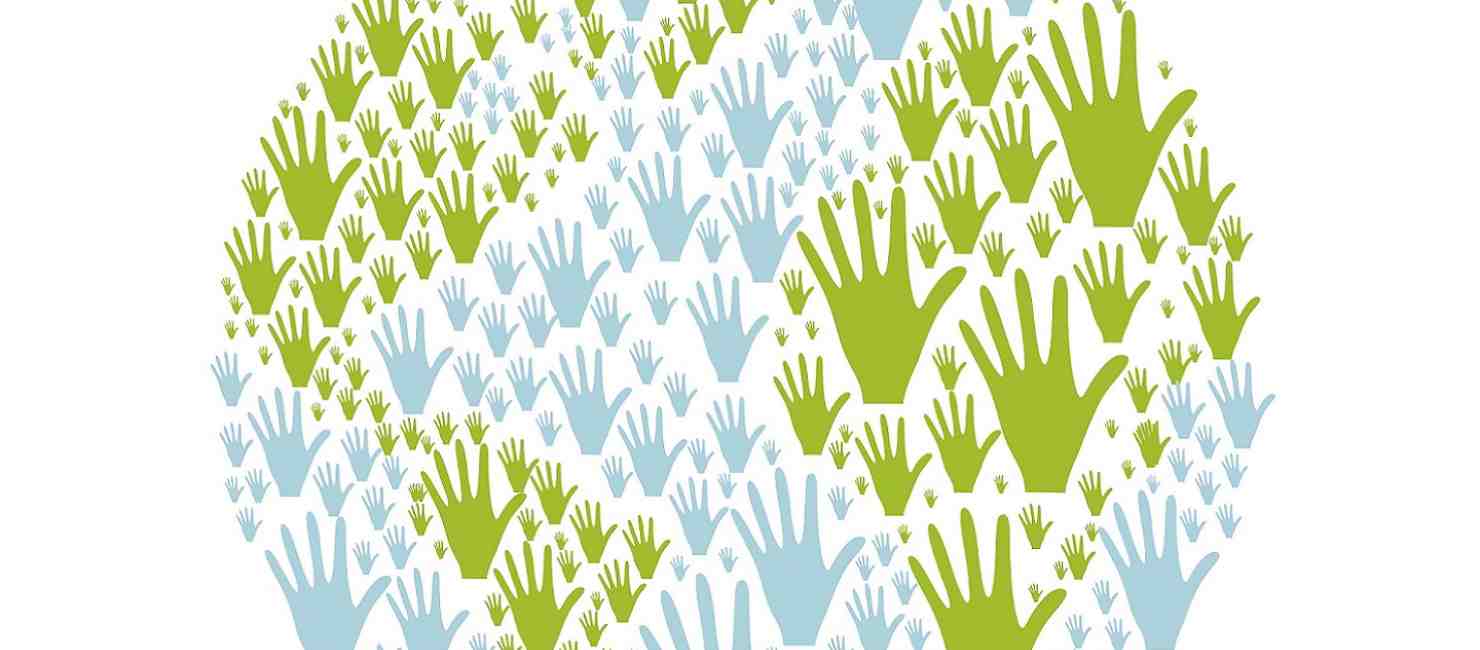Is it usual and acceptable for a male psychologist to have closed sessions with a young female patient?
Dear Stop It Now!,
My 9 year old daughter is having sessions with a child psychologist to see if this can help her with symptoms related to stress. He insists that she must be alone with him during the sessions. In view of the many cases of abuse in such situations that I have read about, I wonder if I should insist on being present, or at least be allowed to listen in.

Dear Concerned Parent,
Thank you for reaching out, and thank you for being an involved and questioning parent. Paying attention and asking quesitons is part of planning for safety.
Typically, a child therapist or psychologist will meet with children alone in their office, often behind closed doors – regardless of gender. This allows for a child to have a personal place to talk about their worries. Their sessions are usually private and confidential, although if a child is being harmed, is at risk of being harmed or is harming another, then the psychologist will break confidentiality in order to share information to address the safety needs of a child being abused and to prevent abuse. A child psychologist should also establish a relationship with the child’s parents, provide general updates on the status of treatment with the child and answer questions the parent may have about their child’s well-being.
So, while it is normal for a psychologist to meet alone with a child, I would ask you to consider whether you’ve observed any warning signs in your child that concern you or whether you’ve noticed concerning behaviors in the psychologist? It’s important also to trust your gut instinct, so if you feel uncomfortable around the psychologist, these feelings may be indicating to you that there is an area of concern.
Also, you should feel comfortable bringing up your concern and questions with the psychologist. How he answers will help you determine whether this is a psychologist with whom you feel comfortable or rather, someone who doesn’t respond adequately to your concerns and doesn’t partner with you in treating your child. If you need any information regarding his licensing, policies related to child safety and current standing within the medical community, he should willingly provide you with that information. You may also want to contact the licensing board to find out if there are any complaints or actions taken against the psychologist.
You are right that in this current environment where the media is publicizing child sexual abuse cases, there are new opportunities for parents everywhere to be even more mindful than ever when planning for their children’s safety. You may be interested in our prevention tools that support families planning for safety.
Take care,
Stop It Now!
Feedback:
Please share your feedback on this question
Last edited on: November 7th, 2018

